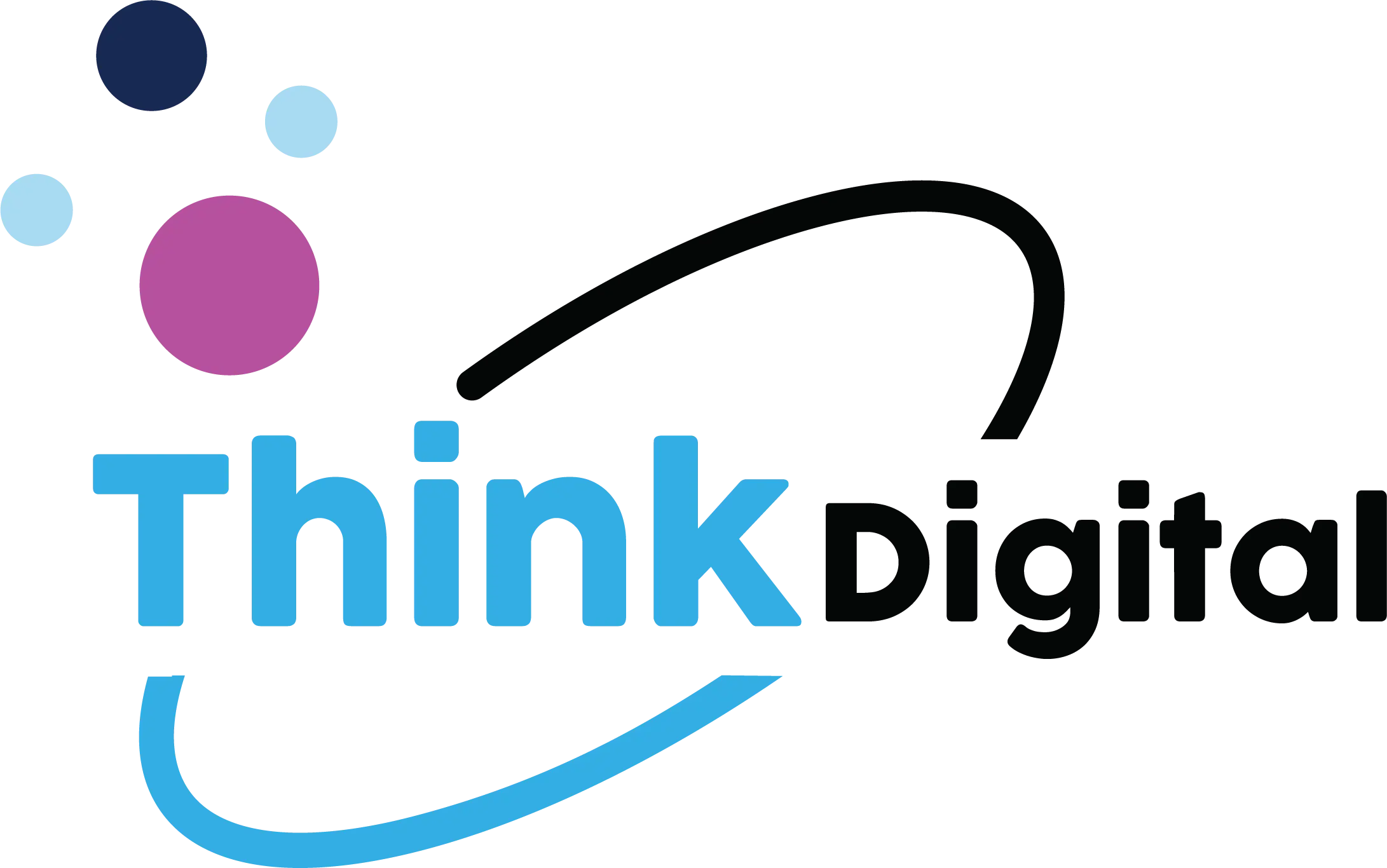Website development is one of the most sought-after skills in today’s digital era, offering endless opportunities for creativity, career growth, and financial independence. Whether you’re a beginner or someone looking to refine your skills, this guide will walk you through the essential steps to mastering website development.
Understand the Basics of Website Development
To start your journey, it’s crucial to understand the foundation of website development. Begin by learning HTML (HyperText Markup Language), which structures the content of a webpage. Next, dive into CSS (Cascading Style Sheets) to style and format your webpage, ensuring it looks visually appealing. Finally, master JavaScript, the programming language that adds interactivity and functionality to your websites.
There are plenty of free resources available online, such as freeCodeCamp, W3Schools, and MDN Web Docs, that provide tutorials and exercises to help you grasp these core technologies. Dedicate time to building small projects as you learn to reinforce your understanding.
Practice Responsive Design
In an era dominated by smartphones and tablets, understanding responsive design is essential. Responsive websites adjust seamlessly to different screen sizes, offering a consistent user experience across devices. Learn how to use media queries in CSS and frameworks like Bootstrap to create mobile-friendly websites quickly and efficiently.
Explore Advanced Topics
Once you’ve mastered the basics, it’s time to move to advanced topics. Learn about frontend frameworks like React, Angular, or Vue.js to build dynamic user interfaces. For backend development, explore Node.js, Express.js, or Django, which allow you to handle server-side operations and database interactions.
Additionally, gain a basic understanding of databases like MySQL, MongoDB, or PostgreSQL to store and manage data efficiently. These skills will empower you to create full-stack web applications.
Emphasize SEO and Performance Optimization
Learning website development isn’t just about building visually appealing and functional websites; it’s also about ensuring they perform well and rank high in search engines. Understand the principles of on-page SEO, such as optimizing meta tags, headings, and content structure. Tools like Google Search Console and Ahrefs can help you monitor and improve your website’s performance.
Build Real-World Projects
The best way to learn website development is by doing. Start by creating simple projects like portfolios, blogs, or landing pages. Gradually take on more complex tasks like building e-commerce platforms or social media clones. Host your projects using platforms like Netlify, GitHub Pages, or Vercel to showcase them to potential employers or clients.
Leverage Design Tools
Website development often overlaps with UI/UX design, so familiarizing yourself with tools like Figma, Adobe XD, or Sketch can be immensely beneficial. These tools help you design wireframes and prototypes that enhance the user experience.
Join the Developer Community
Being part of a community accelerates your learning. Platforms like Stack Overflow, Reddit’s webdev community, and Discord servers for developers are excellent for networking, seeking advice, and sharing knowledge. Attending hackathons, online coding challenges, and webinars also keeps you motivated and updated.
Stay Updated with Trends
Website development is a constantly evolving field. Stay informed about trends like dark mode design, progressive web apps (PWAs), and web performance optimization. Following tech blogs, YouTube channels, and newsletters from platforms like Smashing Magazine and CSS-Tricks ensures you remain at the forefront of the industry.






Leave a comment on the Blog